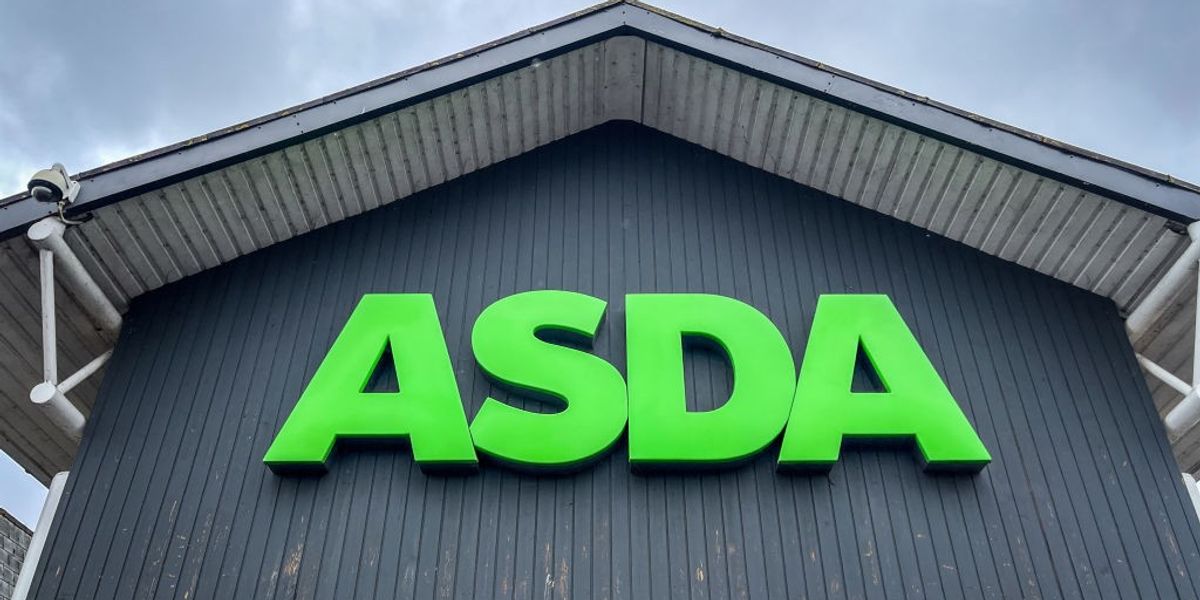Asda Fined £250,000 for Selling Out-of-Date Food: A Wake-Up Call for Supermarkets
In a significant ruling that underscores the importance of food safety, supermarket giant Asda has been hit with a hefty £250,000 fine for selling expired food items at its Sinfin store in Derby. This decision, made by Southern Derbyshire Magistrates Court, highlights the critical role that supermarkets play in ensuring the safety and quality of the food they sell to consumers.
The Incident: A Shocking Discovery
The legal troubles for Asda began with a routine inspection conducted by Derby City Council trading standards officers in July 2021. During this inspection, officials discovered a staggering 18 expired products on the shelves of the Sinfin store. Alarmingly, some of these items had been on display for as long as six months past their use-by dates, raising serious concerns about consumer safety, particularly for vulnerable groups such as children.
The Court’s Findings
Following the inspection, the court found Asda Stores Ltd guilty of 11 offences related to the sale of these expired products. District Judge Jonathan Taaffe criticized the company for its failure to provide a satisfactory defense, noting that Asda had not demonstrated adequate implementation of its food safety systems or made necessary improvements following previous warnings. The ruling serves as a stark reminder of the legal and ethical responsibilities that retailers have towards their customers.
The Importance of Use-By Dates
Use-by dates are crucial for highly perishable foods, as they indicate the last date on which a product is safe to consume. The Food Standards Agency (FSA) advises consumers against eating products past their use-by dates, even if they appear to be fine. This guidance is particularly important for items that can pose health risks if consumed after their expiration, such as dairy products, meats, and ready-to-eat meals.
Victoria Rose, a trading standards officer, emphasized the importance of customer trust in her comments following the court ruling. She stated, "Customers should be able to rely on stores like Asda when purchasing groceries and know that their food is edible." This sentiment resonates with consumers who expect the highest standards of safety and quality from their grocery providers.
The Financial Penalties
In addition to the £250,000 fine, Asda was ordered to pay £74,117.69 in costs and a £190 victim surcharge. The scale of the fine reflects the seriousness of the situation and the potential risks posed to the public. Councillor Shiraz Khan, cabinet member for housing and regulatory services, remarked, "This case serves as a reminder that we are prepared to take whatever action necessary against businesses that break the rules, no matter how big or small."
Asda’s Response
In the wake of the ruling, Asda acknowledged the incident and expressed regret over the findings. A spokesperson for the supermarket chain stated, "We regret that a small number of out-of-date products were found on sale at Asda Sinfin in July 2021, and that the high safety and quality standards that we set across all stores were not met on this occasion." The company emphasized that maintaining the freshest products on their shelves is their top priority.
A Broader Implication for Supermarkets
This incident serves as a critical reminder for all supermarkets about the importance of rigorous food safety practices. As consumer awareness of food safety issues continues to grow, retailers must ensure that they are not only compliant with regulations but also proactive in maintaining the trust of their customers. The consequences of neglecting food safety can be severe, not only in terms of financial penalties but also in terms of reputational damage and loss of customer loyalty.
Conclusion
Asda’s £250,000 fine for selling out-of-date food items is a wake-up call for the entire retail industry. It highlights the essential role that supermarkets play in safeguarding public health and the trust that consumers place in them. As the industry moves forward, it is imperative that all retailers prioritize food safety and quality to ensure that such incidents do not occur in the future. The health and safety of consumers should always be at the forefront of business practices, and this ruling serves as a crucial reminder of that responsibility.
